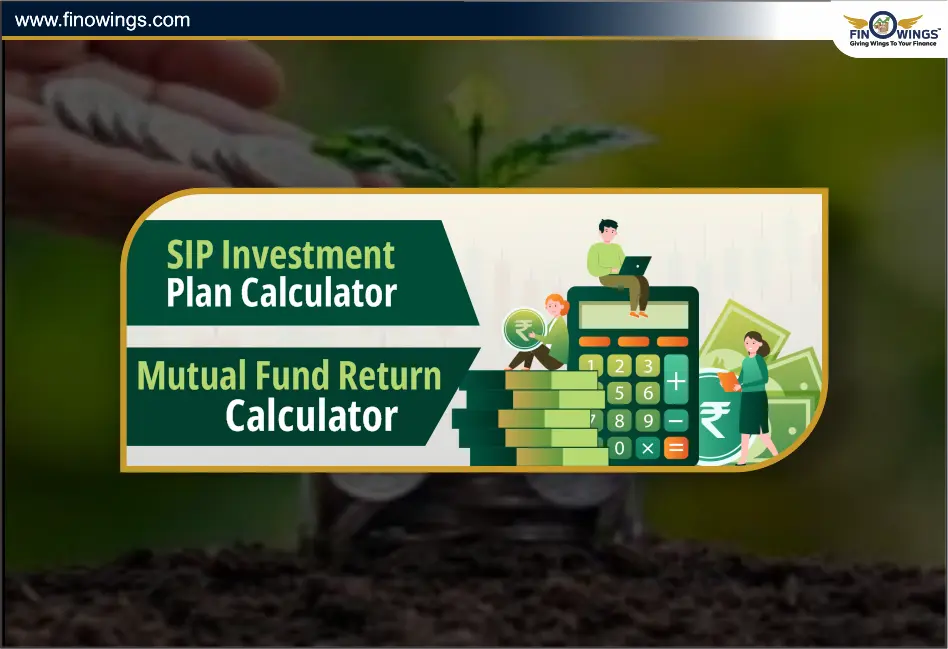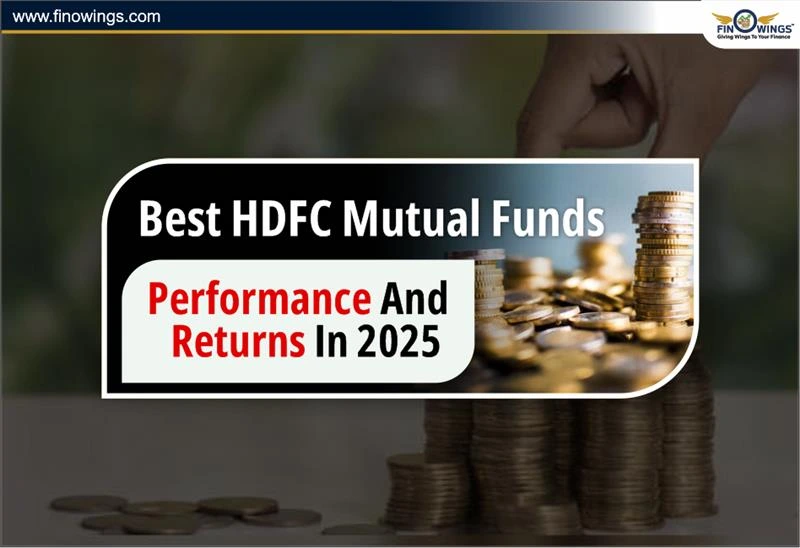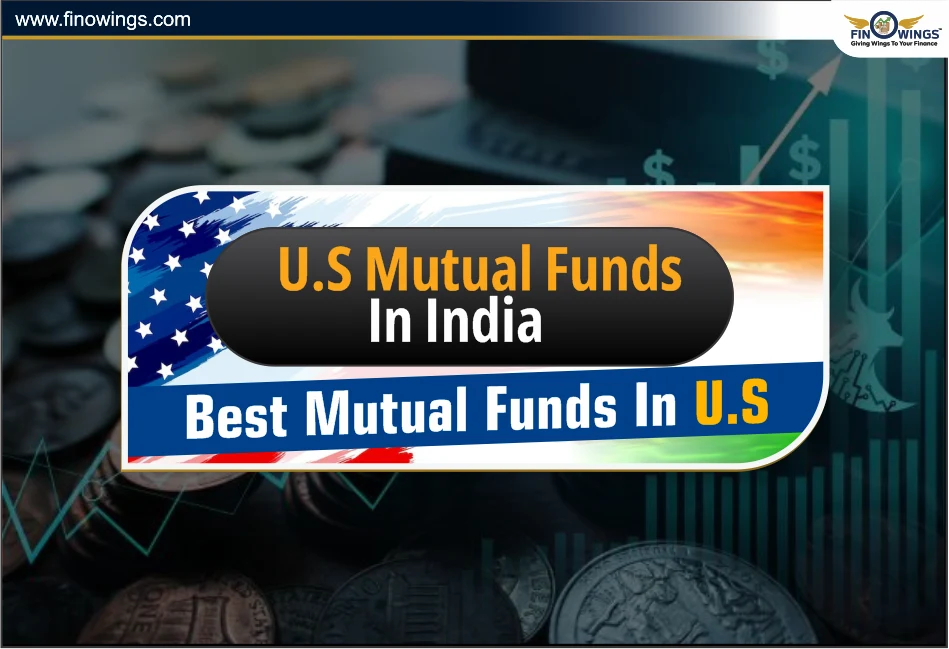Home >> Blog >> Top 5 Dividend Yield Mutual Funds 2024: Earn Upto 55% Return
Top 5 Dividend Yield Mutual Funds 2024: Earn Upto 55% Return

Table of Contents
- Introduction
- India's List of Mutual Funds with Dividend Yield
- Who Should Invest in Dividend Yield Funds?
- How to Invest in Dividend Yield Funds?
- Where do Dividend Yield Mutual Fund Invest?
- Factors to be consider while investing in Dividend Yield Funds?
- Advantages of Investing in Dividend Yield Funds?
- Risk Involved While Investing in Dividend Yield Funds?
Introduction
A dividend yield fund is a type of mutual fund that primarily makes investments in businesses with the ability to distribute profits to their shareholders on a regular basis.
(Dividend yield is the ratio, given in percentage, of a share's yearly dividend to its current share price.) Dividends are a portion of a company's profits that are distributed to investors.
This fund invests in high-dividend-yielding equities with the goal of producing income for its owners. A dividend yield fund must allocate at least 65% of its assets, in accordance with SEBI, to equities and securities related to equity. For a better idea, look through the top dividend-yielding funds listed below.
India's List of Mutual Funds with Dividend Yield
|
Fund Name |
Category |
Risk |
1Y Return |
Fund Size (In Crs) |
|
ICICI Prudential Dividend Yield Equity Fund |
Equity |
Very High |
54.8% |
Rs 3454 |
|
Aditya Birla Sun Life Dividend Yield Fund |
Equity |
Very High |
53.9% |
Rs 1276 |
|
HDFC Dividend Yield Fund |
Equity |
Very High |
48.8% |
Rs 4564 |
|
Templeton India Equity Income Fund |
Equity |
Very High |
46.4% |
Rs 1993 |
|
LIC MFDividend Yield Fund |
Equity |
Very High |
50.6 |
Rs 110 |
|
Sundaram Dividend Yield Fund |
Equity |
Very High |
46.1 |
Rs 782 |
|
IDBI Dividend Yield Fund |
Equity |
Very High |
20.5% |
Rs 89 |
|
UTI Dividend Yield Fund |
Equity |
Very High |
43% |
Rs 3526 |
|
Tata Dividend Yield Fund |
Equity |
Very High |
45.7% |
Rs 780 |
|
SBI Dividend Yield Fund |
Equity |
Very High |
NA |
Rs 6447 |
Who Should Invest in Dividend Yield Funds?
The following investors stand to gain the most from holding shares in the top dividend-yield mutual funds:
1-Investors trying to find a way to make passive income
Given that dividend yield funds provide its investors with regular dividend payouts, this type of investment is best suited for those seeking passive income.
2-A less adventurous investor
Compared to other stock mutual funds, dividend yield funds carry far fewer risks, making them low-risk investments best suited for individuals with a limited tolerance for risk.
How to Invest in Dividend Yield Funds?
- Fill out the form: Fill out the Form by Clicking Here with all your important Info.
- Understand Your Needs: Our Team will Contact you in sometime after you fill out the form & Understand your needs at the same time we will guide you to the best possible ways to invest your money
Where do Dividend Yield Mutual Fund Invest?
A minimum of 80% of the assets of thematic funds must be allocated to equities associated with a specific subject. A Thematic Infrastructure Fund, for example, will purchase stocks associated with the infrastructure theme. This implies that they make investments in businesses involved in the building of our nation's infrastructure, such as those in the steel, cement, and building industries.
Factors to be consider while investing in Dividend Yield Funds?
When locating and purchasing the best dividend-yield mutual funds, the following important variables should be taken into account:
1-Tolerance for Risk-
Look for funds with a larger allocation to large-cap stocks if you are a traditional investor who values portfolio stability. This is due to the fact that your main objective is to lower risk by funding a program with few risks.
2-Durations of investments
The length of the fund's investing tenure is an important consideration, just like it is with other mutual funds. A dividend yield fund that has seen both bull and bear markets in the stock market will provide a larger return than more recent startups.
Additionally, recently established firms that offer advertising funds might do well in bull markets, but investors need to consider the fund's longevity and track record throughout market cycles in order to ensure long-term gains.
Advantages of Investing in Dividend Yield Funds?
Purchasing the top dividend yield mutual funds allows investors to take advantage of these advantages.
1-Lower-risk equity exposure
Compared to other equity-oriented mutual fund schemes, dividend yield mutual funds are comparatively less susceptible to market volatility. Therefore, these kinds of schemes can be advantageous to investors who are looking for equity exposure and greater returns than fixed-income products like bank fixed deposits.
2-A long-term high return
Dividend yield funds have the potential to produce significant profits in the future since they invest in the stock of businesses with solid financial standing and a track record.
3-Consistent Revenue
For investors looking for stability and consistent income, mutual funds (MFs) may be a good choice because the underlying companies in these schemes issue dividends on a regular basis.
4-Investment paths
There are two ways that investors can contribute to these schemes: with a flat contribution or through a Systematic Investment Plan (SIP). One can invest the full sum at once using the first option. Investors who choose the SIP option can set up regular transfers of their savings, such as monthly, quarterly, or annual intervals, to the top dividend yield mutual funds.
Risk Involved While Investing in Dividend Yield Funds?
Examine the hazards listed below while selecting the highest yielding mutual funds.-
1-Mutual Fund Risk at Its Source
Mutual funds come with a number of intrinsic risks, such as credit, market, concentration, liquidity, and more. Additionally, there are dangers associated with dividend yield ETFs.
2-Higher Taxes
Because of this adjustment in the government's taxation of dividend income, dividend yields are now subject to higher taxes.
3-Returns vary according to output
Because the fund's underlying investments are less impacted by fluctuations in the market, these funds are less volatile. It is also undeniable, though, that the returns are not assured and are vulnerable to market risk.
Frequently Asked Questions
The main objective of dividend yield funds is to distribute dividends to investors on a monthly basis. To do this, the fund management mostly invests in securities of businesses that have the ability to provide consistent dividends.
Investing in dividend mutual funds is an excellent way to reduce investment risk and volatility. Nonetheless, you can include it in your investment portfolio if you're an ardent growth seeker.
The dividend yield is calculated by dividing the total dividends paid out per unit or share by the share's market price.
It can be reinvested, yes. However, it also depends, at the fund manager's discretion, on the rules and kind of fund.
















.webp)



Sunil Kamboj | Posted on 24/03/2024
Mutual fund return